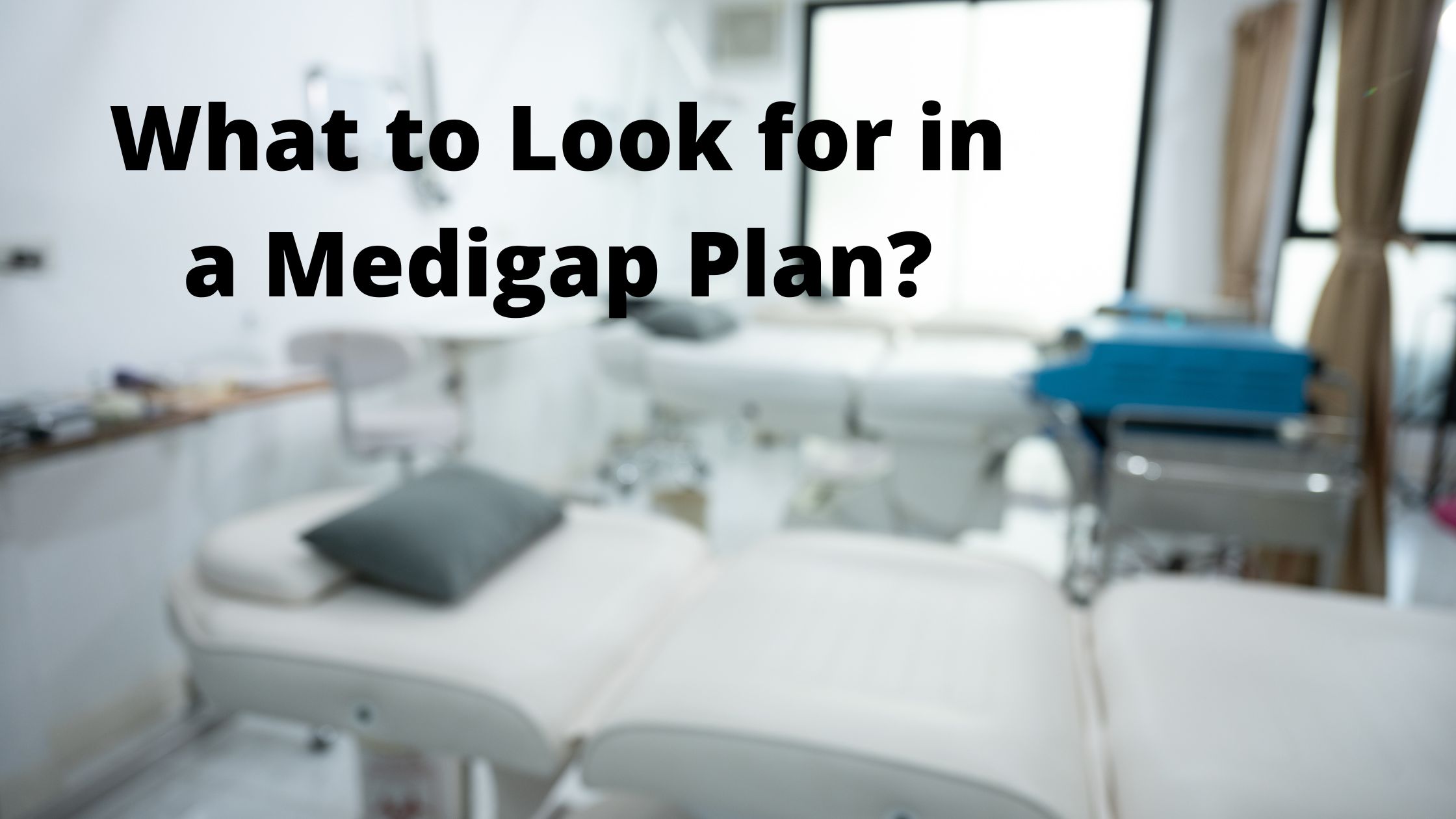Everyone knows that getting Medigap insurance can be a valuable way to protect yourself financially in the event of an illness or injury. But what if you find out that you qualify for coverage but haven’t yet signed up? Well, don’t worry, because this guide will teach you everything you need to know about Medigap insurance and how to find the right policy for you.
What is a Medigap Plan?
Medigap plans are supplemental insurance policies that can help pay for medical expenses not covered by your regular health insurance. They provide benefits similar to those of traditional health insurance, but with a few important caveats.
The most important thing to know about medigap plans is that they are not meant to cover all of your medical expenses. In fact, most medigap plans only cover a limited number of healthcare services and doctor visits.
If you need coverage for something that isn’t included in your medigap plan, you’ll need to get a separate policy or use one of the special loophole exemptions that are available.
Here are five things to keep in mind when shopping for a medigap plan:
1. Medigap policies come in two types: supplementary and comprehensive. Supplementary plans only cover specific healthcare expenses, like copays and deductibles, while comprehensive plans include all costs associated with healthcare, including premiums, coinsurance, and out-of-pocket expenses. Make sure you know which type of plan you need before you start shopping.
2. Medigap policies have annual and lifetime limits on coverage. The annual limit is the maximum amount of money
How Does a Medigap Plan Work?
Medigap plans can help cover a wide range of medical costs, from doctor visits to prescription medications. In order to find the right medigap plan for you, it’s important to understand how these plans work.
A medigap plan is a type of insurance that covers expenses not covered by your regular health insurance, such as doctor visits and prescriptions. To qualify for coverage under a medigap plan, you must have an illness or disability that qualifies you for special benefits under the Medicare program.
To find the right medigap plan for you, it’s important to understand how these plans work. There are four types of medigap plans: traditional medigap, enhanced medigap, Medicare Advantage medigap, and private prescription drug coverage medigap. Each type of plan has its own set of eligibility requirements and benefits.
Here are four tips to help you choose the right medigap plan for you:
1. Make sure you understand all the eligibility requirements for the medigap plan you want to choose. Each plan has different rules about who is eligible and what counts as a qualifying expense. Make sure
What to Look for in a Medigap Plan?
When you’re seriously considering a Medigap plan, it’s important to do your research and find the right one for you. Here are some things to look for when choosing a Medigap plan:
1. Coverage. Make sure the plan you choose provides coverage for all of your medical expenses.
2. Fees. Be sure the fees associated with the plan are reasonable and won’t be a burden on your finances.
3. Duration of coverage.Choose a Medigap plan that will last as long as you need it to.
4. Insuring multiple individuals. If you’re covering multiple family members, make sure the plan covers everyone in your family unit, including children and other dependent adults.
5. Pre-existing conditions?Be sure the Medigap plan you choose covers pre-existing conditions, including those that occurred prior to the start of the coverage period in the policy.
The Top Medigap Plans
If you are like most people, you are probably terrified of the thought of needing health care. Unfortunately, health problems can happen to anyone, at any time. If you find yourself in need of medical care, you may be wondering what your best options are. Unfortunately, there is no one answer to this question since everyone’s needs and circumstances are different. Nevertheless, we will try to provide some general information that may be helpful in making your decision.
The first step is to figure out what kind of health care you might need. This will help you to decide which type of insurance is best for you. In general, there are three types of health insurance: hospital insurance, medical insurance, and prescription drug insurance. Each type has its own set of benefits and drawbacks.
Hospital insurance covers the cost of a stay in a hospital if you have an emergency condition. Medical insurance covers the cost of medical services not covered by other forms of insurance, such as doctor visits and prescriptions. Prescription drug insurance covers the cost of prescription drugs not covered by other forms of insurance.
Each form of health insurance has its own set of requirements and benefits. For example
How to Avoid the Dreaded Cancellation Letter?
If you’re like most folks, you probably don’t like being in the position of needing to worry about medical bills. Unfortunately, that’s something that many of us will have to face at some point in our lives.
Fortunately, there are a few things that you can do to make sure that yourmedical bills don’t rack up excessively and lead to a dreaded cancellation letter from your medigap plan. Here are a few tips on how to find the right medigap insurance for you and avoid the dreaded cancellation letter:
1. First, make sure that you understand exactly what benefits your medigap plan offers. Not all plans offer the same level of coverage, so it’s important to find one that offers the level of coverage that you need.
2. Next, be sure to compare prices and benefits between different medigap plans before making a decision. It’s important to find one that fits your budget and meets the needs of your specific health situation.
3. Finally, always be aware of any changes in your health or medical situation – this could lead to your medigap plan requesting that you change your coverage
Conclusion
If you’re like most people, you’ve probably been dreading the day that your medigap insurance policy will expire. But it’s important to keep in mind that even if your policy does eventually lapse, it’s not the end of the world. In fact, there are a few steps you can take to minimize the chances of getting hit with a cancellation letter. First and foremost, make sure you have enough coverage on your policy. Second, review your coverage regularly so that you’re up-to-date on what is and isn’t covered. And finally, always contact your insurer if there are any changes in your health or circumstances that might impact your coverage. By following these tips, you’ll be more likely to avoid a dreaded cancellation letter and stay healthy while still enjoying the benefits of medigap insurance.


